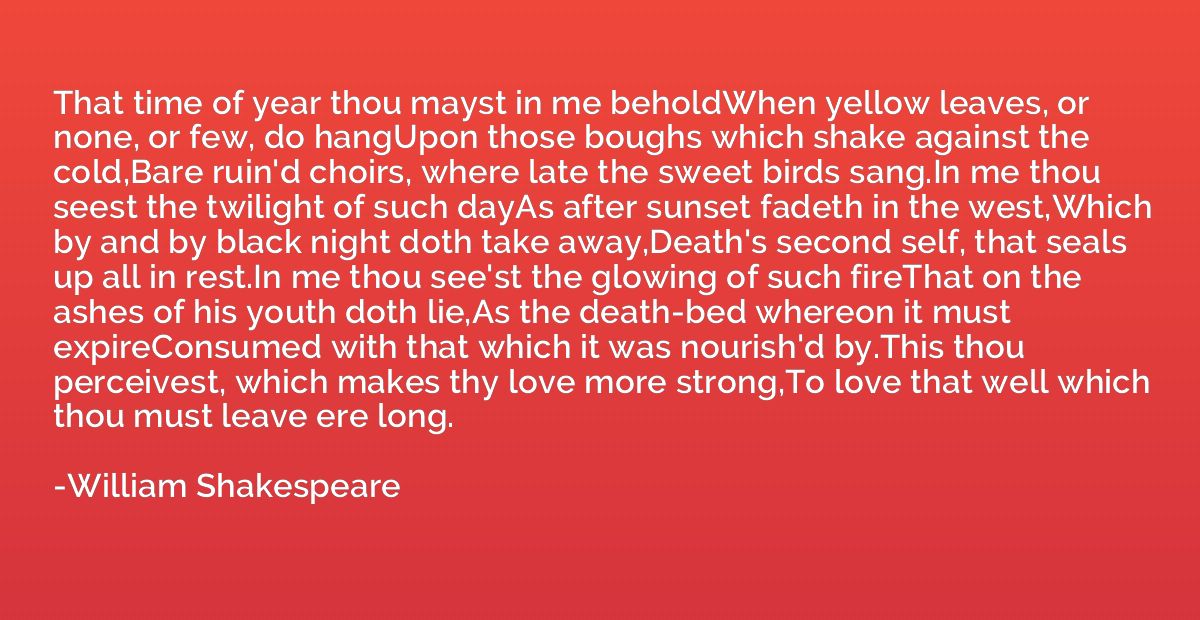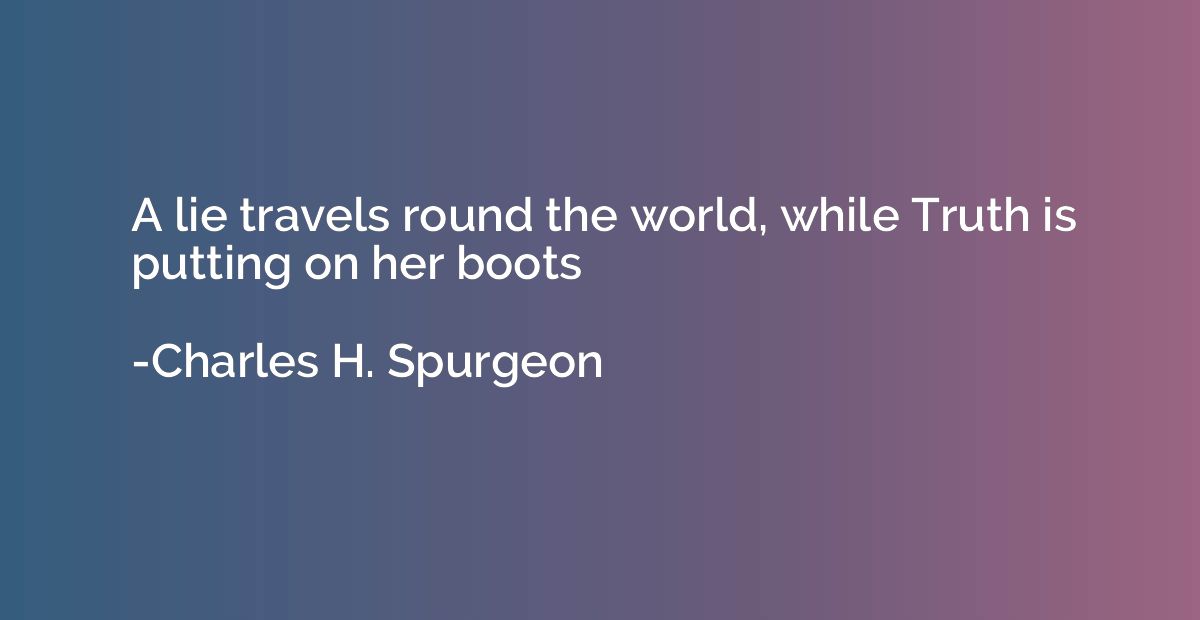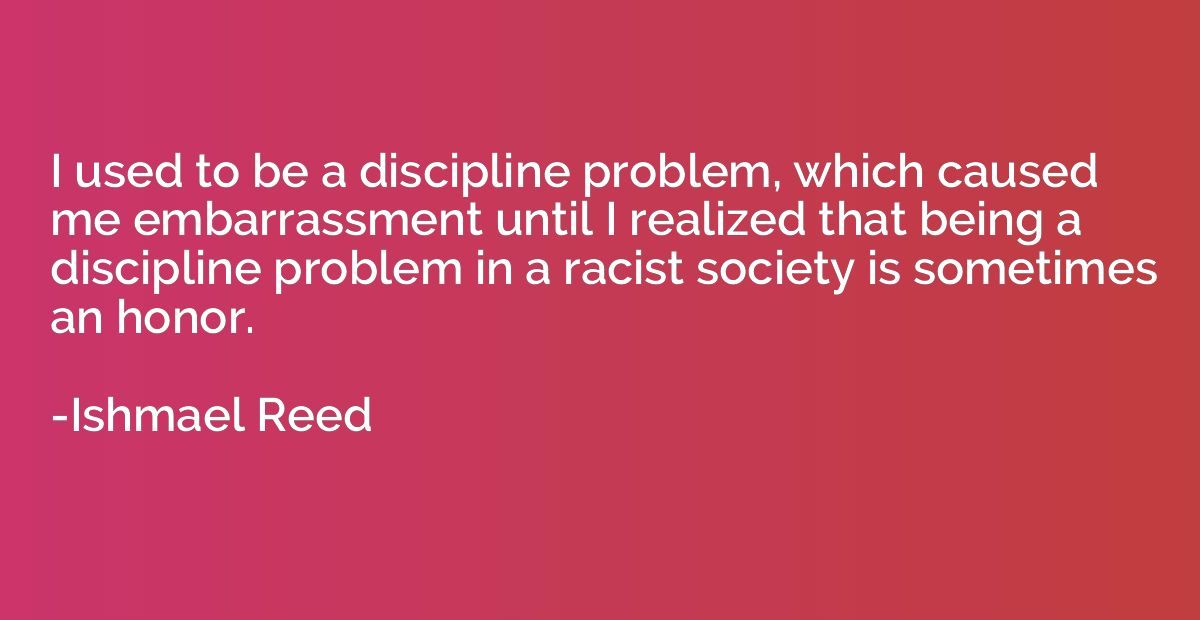Quote by William Shakespeare
That time of year thou mayst in me beholdWhen yellow leaves, or none, or few, do hangUpon those boughs which shake against the cold,Bare ruin'd choirs, where late the sweet birds sang.In me thou seest the twilight of such dayAs after sunset fadeth in the west,Which by and by black night doth take away,Death's second self, that seals up all in rest.In me thou see'st the glowing of such fireThat on the ashes of his youth doth lie,As the death-bed whereon it must expireConsumed with that which it was nourish'd by.This thou perceivest, which makes thy love more strong,To love that well which thou must leave ere long.

Summary
This quote is from Sonnet 73 by William Shakespeare. In this sonnet, the speaker reflects on their own aging and mortality, comparing themselves to the changing seasons. The speaker likens themselves to the autumn season, with yellow leaves hanging on the barren branches and the absence of birds' songs. They describe themselves as the twilight of a day and the fading sunset, which eventually gives way to the darkness of night - a metaphor for death. Despite these grim images, the speaker suggests that the awareness of their own mortality deepens their love for someone, knowing that they will have to leave that person in the near future.














